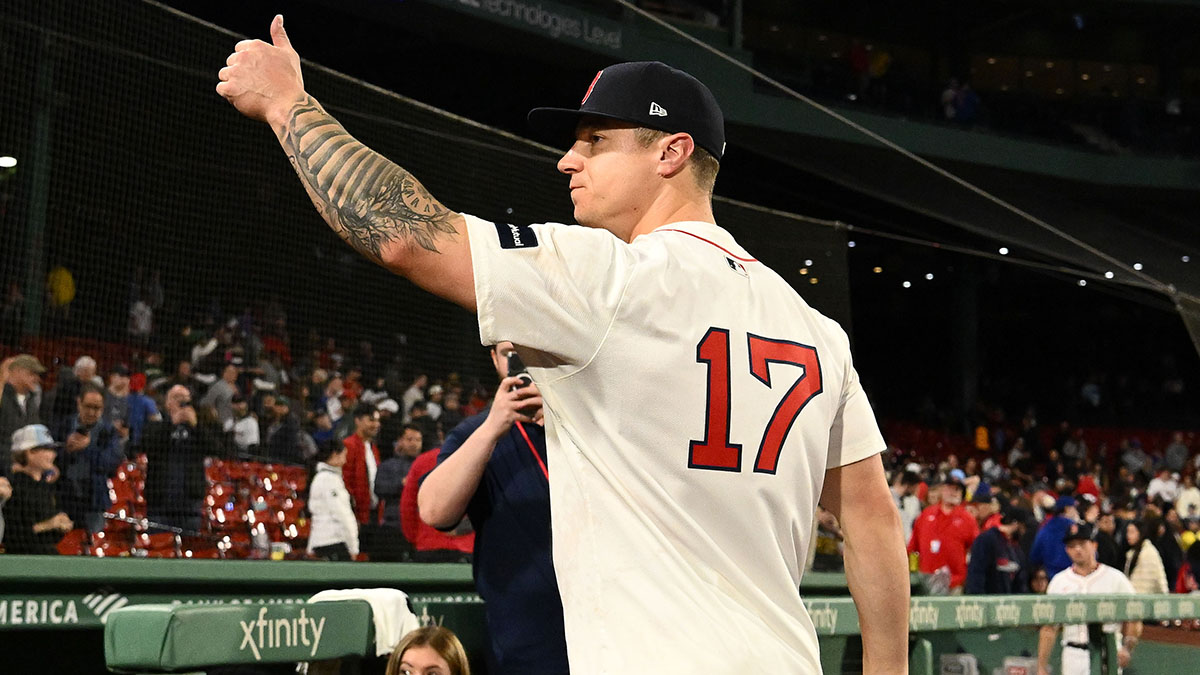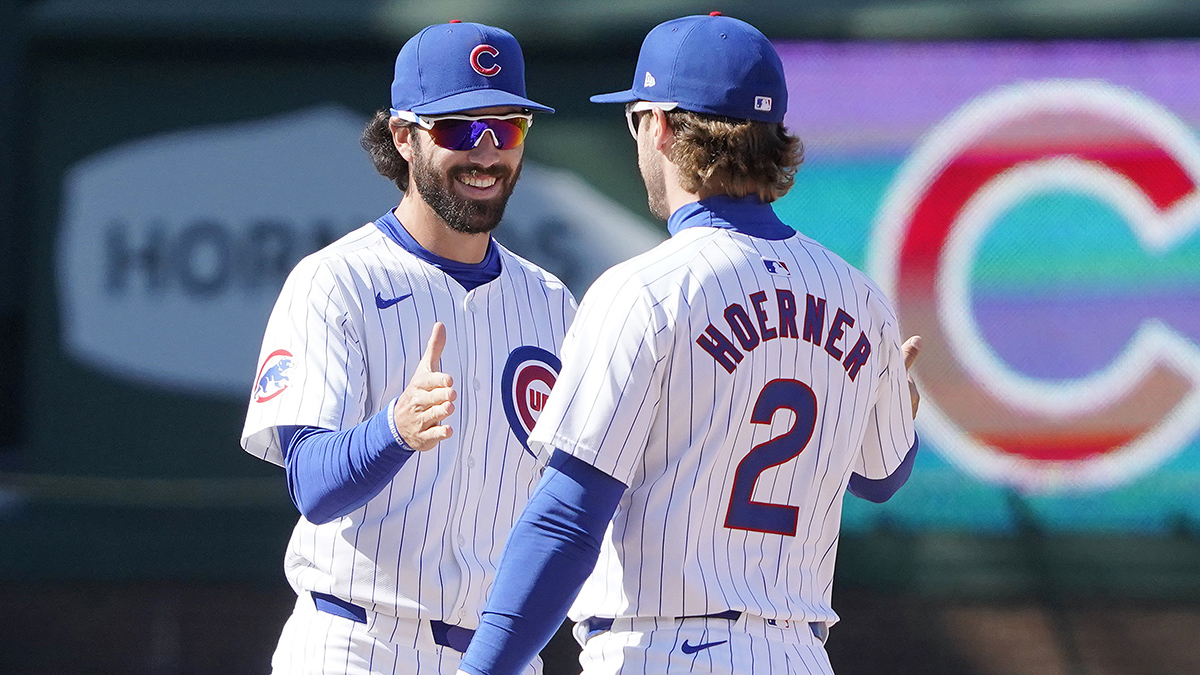FORT MYERS, Fla. -- Ever since the Red Sox fired Alex Cora amidst an MLB investigation into sign-stealing during their 2018 championship season, ownership has asked us to withhold judgment.
Their implication is clear: we're clean.
This overconfidence has subtly shaped coverage, with report after report assuring us that whatever sins are uncovered, they won't be as egregious as the ones that cost the Houston Astros not only their manager, GM, multiple draft picks and $5 million, but also their standing as a model franchise.
But here's the problem. Somewhere along the way, we've transmuted "lesser punishment" into "zero punishment," and those are two very different things. If the Red Sox illegally used the video room to decode opposing signs, even just a handful of times, and even only with a runner on second, they may not feel the same sledgehammer of justice that has left the star on the Astros logo with three points instead of five, but their stitched B might still require thimble and thread.
LIVE stream the Celtics all season and get the latest news and analysis on all of your teams from NBC Sports Boston by downloading the My Teams App.
So as we await the conclusion of the league's investigation, let's examine where things stand.
1. It doesn't sound like MLB has much . . .
Boston Red Sox
Here's what I've been able to glean through conversations with league and team officials, most of whom are reticent to say much of anything: MLB seems to be making the Apple Watch incident of 2017 central to its case, on the grounds that the Red Sox are repeat offenders with no mulligans.
That approach could both help and hurt the team's case. On one hand, if the league is focusing on an old incident, that suggests it hasn't unearthed much new information. On the other, the prior warning is only relevant if the Red Sox violated it.
MLB has cast a wide net in the hunt for information, reaching out to former employees and even retired scouts, per multiple sources. Maybe it's a desperate fishing expedition, or maybe the league has something. It's important to note that despite their public confidence, the Red Sox don't know everything the league has uncovered.
2. . . . but something is more than nothing
And so that brings us back to the idea of lesser punishment vs. zero punishment. The Red Sox may try to claim the former as vindication, but to use an on-field analogy, we all remember both Gaylord Perry (spitball) and Joe Niekro (emery board) as cheaters, even though it's safe to say the former did a lot more of it than the latter.
If MLB calls any aspect of Boston's 108-win championship season into question, the Red Sox may be able to claim they're better than the Astros, but they'll still be considered worse than everyone else, and that's going to leave a mark.
3. The delay does not help the Red Sox
First we heard the report would be issued the first week of February. Then it became the start of camp. Then it became the end of this week. Now we should receive it by the end of the month, which is two weeks away.
What's the holdup? It's possible that MLB is feeling some heat over continued revelations in The Athletic about the role of Carlos Beltran in Houston's sign-stealing scheme and doesn't want to let the Red Sox off the hook only to be embarrassed later for leniency.
It could also be that the investigation has uncovered something that requires further digging. Considering how motivated MLB should be to put a bow on this scandal, if the league believed it could slap the Red Sox with a minor penalty and call it a day, it probably would've done so, because the last thing it wants is more unplanned managerial vacancies.
After all, this was supposed to be about deterrence, not destruction.
4. Alex Cora is taking the fall
Watching Astros stars Alex Bregman and Jose Altuve treat their remorseless and insincere apologies like a nuisance, followed by owner Jim Crane declining to accept any responsibility for actions that happened on his watch, it's clear that Cora is being fitted to play the patsy.
While he's by no means innocent of wrongdoing and deserves the yearlong suspension (minimum) he's probably facing, he is becoming a convenient scapegoat for two organizations.
What happened in Houston was an institutional failure, but it's being presented as an individual one. All parties -- MLB, the Astros, and Red Sox -- have every incentive to lay this at Cora's feet like a live grenade before seeking cover.
Far easier to explain away the chicanery as the actions of one ruthless competitor, rather than acknowledge the much darker truth -- that even in Houston, Cora was just one of many who made it happen, from codebreaking interns to trash-can banging coaches to indifferent executives.
With no union or billionaires to protect him, Cora's on his own.
5. So how does this end?
If I had to guess, I don't believe it's in baseball's best interests to leave the Red Sox at such a competitive disadvantage (ie., lost draft picks) that it hamstrings one of the game's marquee franchises as it tries to rebuild. If that doesn't sound like justice to you, welcome to the real world.
The Red Sox have already paid a steep price by losing their manager, so I'd expect the league to come down extra hard on Cora -- blaming him primarily for whatever is uncovered in Boston -- and then putting this whole thing to bed.
Remember, baseball wants to eliminate electronic sign-stealing, not blow up the sport from within.


